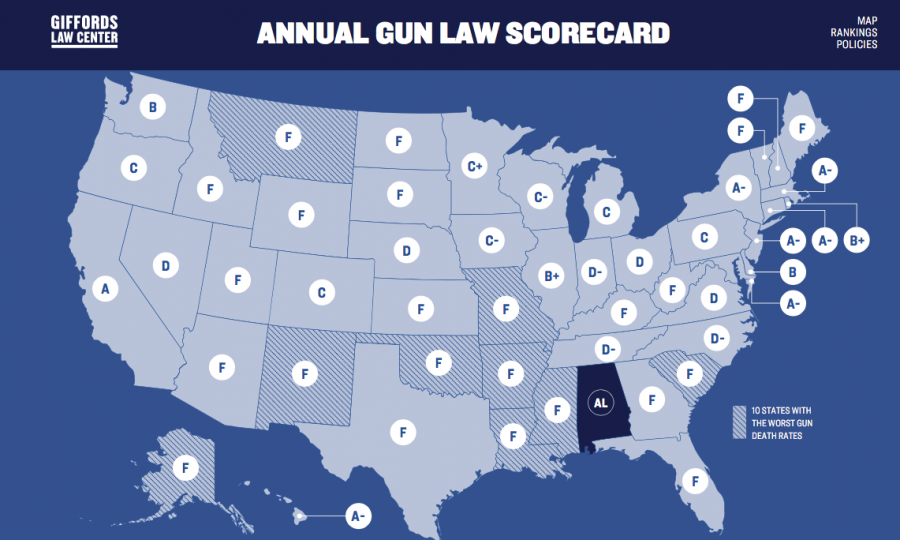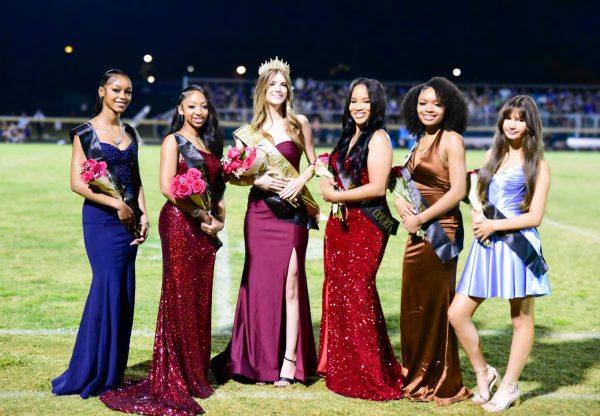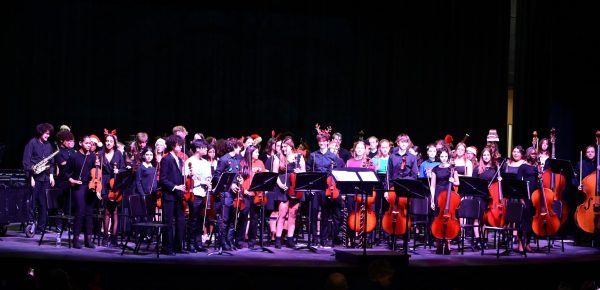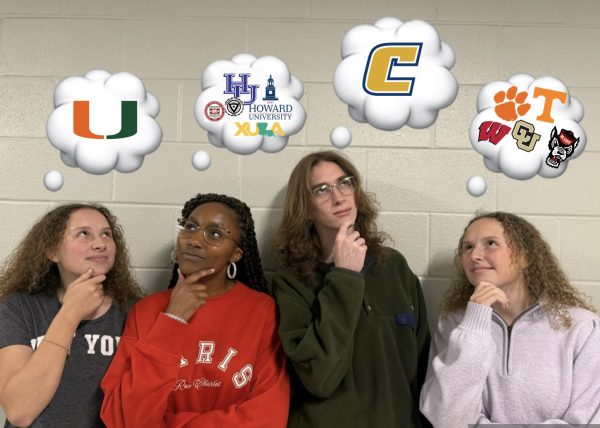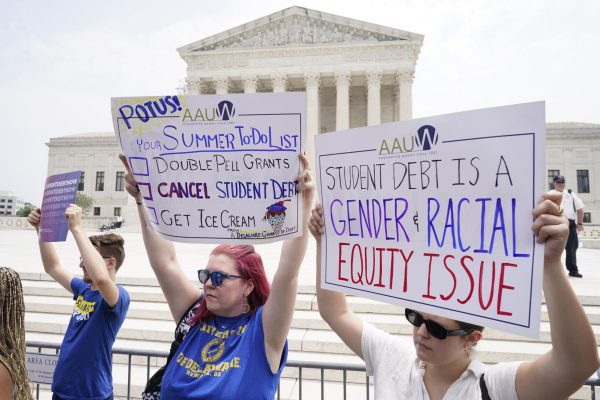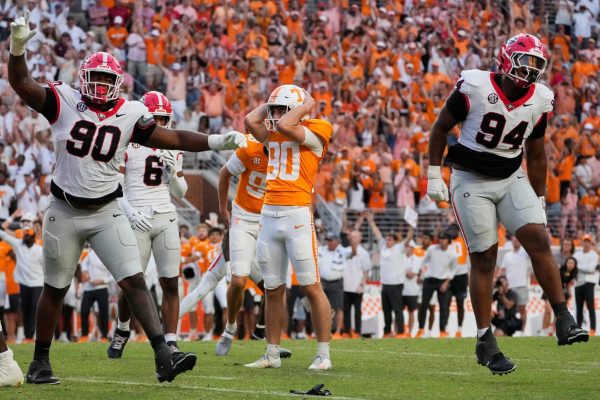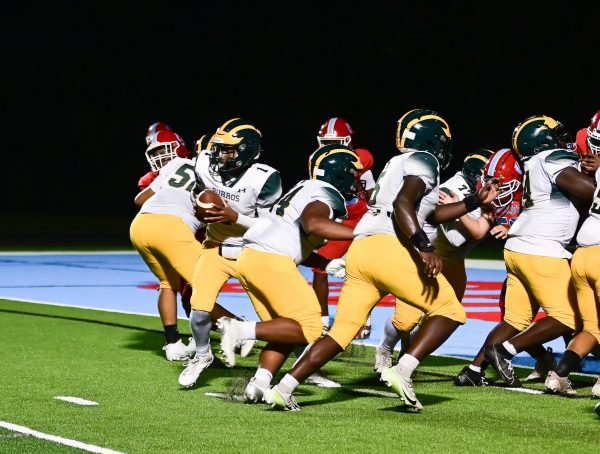State’s top courts begin hearing cases over open gun carry laws at school events
ANN ARBOR, Mich. (AP) — A gun openly carried by a spectator at a high school concert in 2015 has turned into a major legal case as the Michigan Supreme Court considers whether the state’s public schools can trump the Michigan Legislature and adopt their own restrictions on firearms.
Tennessee is also struggling with similar open carry laws on public school property as there is law and a “generally accepted agreement” as to what is expected of gun owners.The case from Ann Arbor has been on the court’s docket for more than a year. But arguments set for Wednesday are getting extra attention in the wake of a Florida school shooting in February that killed 17. There’s no dispute that Michigan law bars people from possessing a gun inside a weapon-free school zone. But there’s a wrinkle: Someone with a concealed pistol permit can enter school property with a gun that’s openly holstered.
Though rare, it happened three years ago at a choir concert at Ann Arbor Pioneer High School, scaring teens, staff and spectators.
To state that any student who sees a a non-military or policing /security person carrying a weapon of any kind is frightening is an understatement. 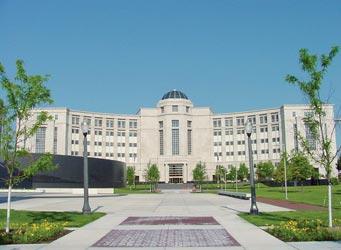
The Ann Arbor school board responded by banning all guns, with exceptions for police. “If a student were to bring a gun into a school, that would be worthy of an expulsion,” said Jeanice Kerr Swift, superintendent of Ann Arbor schools. “So why would it be different for other folks? … What this case is about is local communities having a choice.”
In Tennessee, the law states, as of Tennessee generally prohibits the carrying, whether openly or concealed and with the intent to go armed, of any firearm that is not used solely for instructional or school-sanctioned ceremonial purposes, in any public or private school building or bus, on any public or private school campus, grounds, recreation area, athletic field or any other property owned, used or operated by any board of education, school, college or university board of trustees, regents or directors for the administration of any public or private educational institution.1
Tennessee gun-rights advocates argue that local governments, including elected school boards, can’t step in and augment or diminish the state law as it exists, however, LEA’s (Local Education Associations) argue that the law is vague enough that that is indeed exactly what they can do and in light of the Parkland shootings it is expected that more school boards in Tennessee will tighten the gun policies as opposed to loosening them due to the lack of insurance coverage if the policy was relaxed.
Students in many states, Michigan, Tennessee, Florida, Washing and others are paying attention to the cases. Paige Tar, a junior at Northville High School in suburban Detroit, is part of a statewide student group, Engage 18, which favors giving schools authority over guns. She said she’s been involved in stressful discussions over what to do during a shooting.
“My point is the school is turned into some sort of sick war game where the goal is to survive,” Tar said.
In Tennessee, middle schools and high schools all over the state have participated in a number of walkouts, marches, planned sit ins and walks to congressman’s offices to express their positions regarding their desire for safety and increased awareness regarding firearms.
Students would like to see a change in the policy that allows ” adults who are not students [that] may
possess a firearm if contained within a private vehicle operated by the adult … while the vehicle is on school property.3

